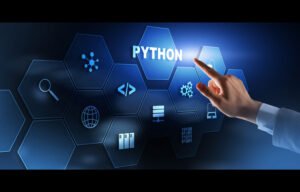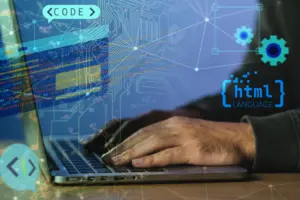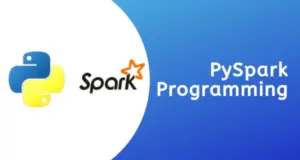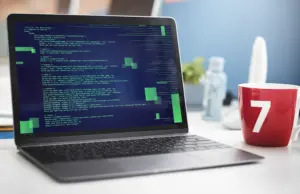Making sure that you know how to learn is the first step in learning Python Programming any programming language. Arguably the most important skill in computer programming is knowing how to learn.
Why is learning strategies such a necessity? The answer is straightforward: as tools, libraries, and languages advance. Adapting to these changes and succeeding as a programmer will require the ability to learn. You can check out the Python training online to begin your learning journey.
We’ll provide you a few learning tips in this article to help you get started on your path to mastering Python programming!
1.Code Everyday
Being consistent is crucial when learning a new language. Making a daily commitment to code is something we advise. Although it can be hard to imagine, programming heavily relies on muscle memory. Choosing to code every day will significantly aid in creating that muscle memory. Even though it could initially feel overwhelming, think about beginning with just 25 minutes a day and building up from there.
2.Write it out.
You might ask if taking notes is necessary as you develop as a new programmer. Of course you should! In fact, studies show that writing down your notes by hand is best for long-term memory. This will be extremely helpful for individuals trying to fulfil their dream of working as developers full-time, as many interviews will involve writing code on a whiteboard.
Once you begin working on smaller projects and programs, planning your code by hand can also be helpful before switching to the computer. If you list the functions and classes you’ll need, along with their interactions, you can save a ton of time.
3.Go Interactive
The interactive Python shell will be one of your best learning tools, whether you are learning about fundamental Python data structures (strings, lists, dictionaries, etc.) for the first time or you are debugging an application. On this website, we utilise it a lot too!
Ascertain that Python is installed on your computer before attempting to utilise the interactive Python shell, sometimes referred to as a “Python REPL”. We have a step-by-step guide to help you do that. To activate the interactive Python shell, simply open your terminal and run python or python3 depending on your installation.
4.Take Breaks
It’s crucial to take a break during learning so that you can fully comprehend the ideas. The Pomodoro Technique, which is popular and beneficial, involves working for 25 minutes, taking a quick break, and then repeating the procedure. If you want to study effectively, especially when you are learning a lot of new material, you must take breaks.
Breaks are particularly crucial for debugging. Take a pause if you run into an issue and are having trouble figuring out what’s wrong. Take a break from your computer by taking a stroll or talking to a friend.
Programming requires strict adherence to logical and linguistic standards, thus even a single misplaced quotation mark can cause major problems. Fresh eyes make a big difference.
5.Become a Bug Bounty Hunter Python Programming
Speaking of encountering a bug, it is certain that you will encounter bugs in your code as you begin building complicated applications. Everybody experiences it! Don’t let bugs get you down. Instead, take joy in these occasions and imagine yourself as a bug bounty hunter.
Having a methodical approach will help you identify where things are failing when debugging. A great approach to achieve this is to go through your code in the order that it is performed and ensure that each section functions.
Once you have a general notion of where things might be failing, run your script by adding the following line of code: import pdb; pdb.set_trace(). This is the debugger for Python and it will drop you into interactive mode.
6.Surround Yourself With Others Who Are Learning Python Programming
Coding may seem like a solitary activity, yet teamwork is essential for success. It is crucial that you surround yourself with others who are also studying Python when you are doing so since this will help you succeed. This will let you impart the knowledge and advice you pick up along the route.
If you don’t know anyone, don’t be concerned. There are numerous ways to connect with those who have a strong interest in studying Python. Join PythonistaCafe, a peer-to-peer learning network for Python enthusiasts like you, or look for local events or Meetups.
7.Python Programming Teach
It’s been said that teaching something is the best way to learn it. When you are learning Python, this is accurate. There are various ways to do this, including whiteboarding with other Python enthusiasts, blogging about new ideas, making movies to illustrate new ideas, or just chatting to yourself at your computer. Each of these methods will help you understand more clearly while revealing any areas where you still have questions.
Conclusion You are now prepared to start learning Python since you have these learning techniques! You can check out the Python training to begin your journey.






























